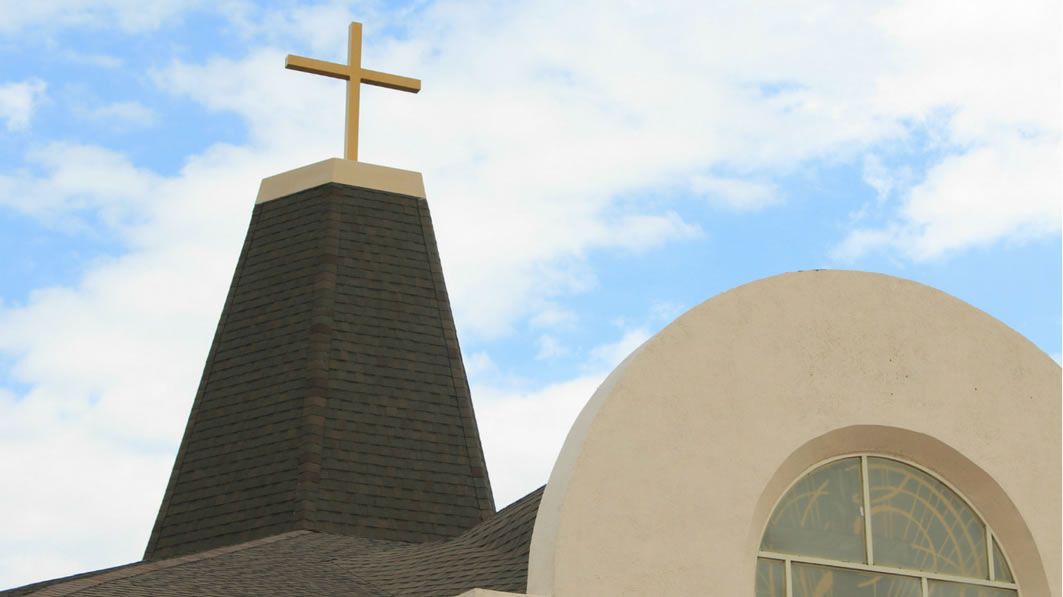In the wake of the 2015 Obergefell same-sex marriage ruling, political and cultural opposition to religion has ramped up, with some calling for the revocation of tax-exempt status for religious entities. A 2020 presidential hopeful unabashedly promised that any religious institution that does not fully embrace the LGBT agenda would lose its tax-exemption if he were elected. In light of those pronouncements, let’s take a look at why tax exemptions for religious entities exist, and why they should remain in place.
Historical background
Federal tax exemptions for religious donations date back to the First World War. To fund the war, the federal income tax top rate was raised significantly, but to ease fears that charitable giving would dry up because of the higher taxes, Congress added the exemption. It was not a baseless fear. The data bear this out. For example, tax law changes in 2017 that doubled the standard deduction provided a disincentive for those who itemize deductions, and charitable giving flattened out, after years of successive increases.
State tax exemptions go back to colonial times.
How large is charitable giving in the United States? Giving USA reports that American individuals, bequests, foundations and corporations gave an estimated $427.71 billion to U.S. charities in 2018. Not all of that goes to religious institutions, of course, but a significant portion does.
There Are Social Benefits for The Common Good
Churches and religious organizations, like other charities, provide a social benefit to society. They minister to the needy and poor in their communities, and they provide an influence on society that helps to reduce crime and encourage good citizenship. The links below are to articles and information that quantify some of the benefits that churches provide:
- “Some Positive Benefits Churches Bring to Communities“
- “Study Puts Price on Value of Churches, and It’s Huge“
- “Do Churches Contribute to Their Communities?” and
- “What do Churches Contribute to the Community?“
The Separation of Church and State Is Maintained
Making churches and other religious organizations tax exempt is the cleanest way to avoid government entanglement with (and exercising undue influence over) religion, which is prohibited by the First Amendment’s Establishment Clause: “Congress shall make no law respecting an establishment of religion…” As Chief Justice John Marshall stated back in 1819, “the power to tax involves the power to destroy.” Keeping churches tax exempt removes the temptation from government to interfere with the free exercise of religion, also guaranteed by the First Amendment. In 1970, the U.S. Supreme Court held that property tax exemptions for churches were in keeping with the Establishment Clause of the First Amendment. (Walz v. Tax Commission)
Churches Would Close
Many small churches cannot afford to stay open without the benefits of tax-exempt status. The median church in the U.S. has 75 regular participants in worship on Sunday morning. From encouraging donations to having enough income to pay the pastor’s salary, those familiar with the finances of small churches know that losing tax-exempt status would spell the end for many churches operating on a shoe-string budget. In small towns across America, where small churches are the norm and central to community activities, this could mean depriving some populations any organized churches whatsoever.
Tax Exemption Is a Founding Principle
By the time of the American Revolution, nine of the original thirteen colonies were giving some kind of tax relief to churches. The idea can be traced back to Roman times when Emperor Constantine granted the Christian church a complete exemption from all forms of taxation.
Tax-exempt status for churches and religious organizations serves a continuing social benefit to American society and is consistent with our country’s commitment to keep the government from unnecessary entanglements with religion. It is a policy that is in keeping with the best social and constitutional traditions of this nation.
You can find additional information here:
This is an update of an earlier article.






